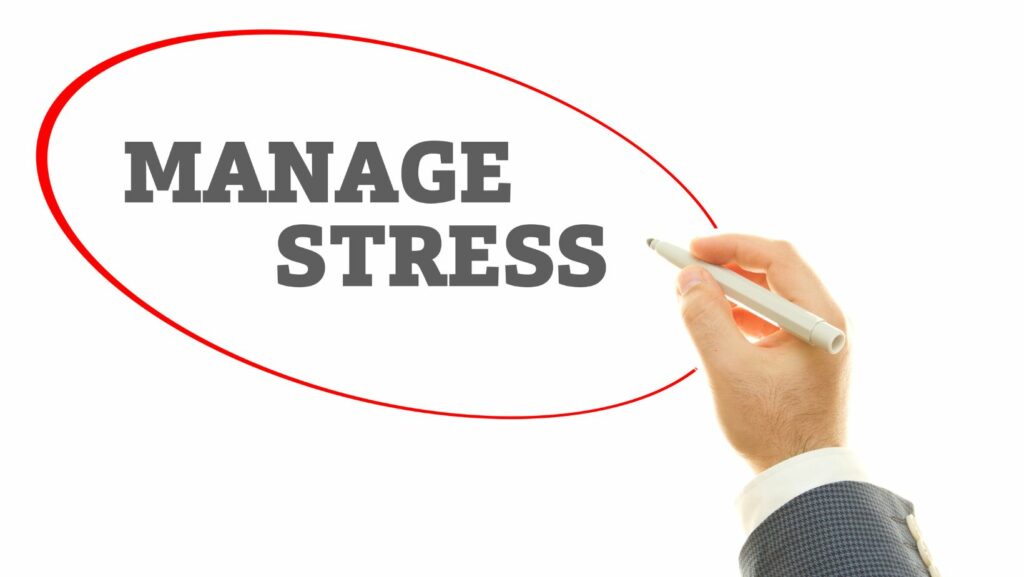Stress Management Classes
Stress management classes serve one major aim: educating individuals on navigating stress effectively. Whether the tension springs from work-related issues or overwhelming household responsibilities, these transformative lessons equip participants with techniques to turn stress into a constructive force. As a result, they provide a means to improve overall well-being and drive profound changes in personal and professional life. For example, time management techniques taught in these classes illustrate a hands-on approach to mitigate work stress.
Stress management classes adopt a fairly consistent structure. Initially, they revolve around helping participants identify sources of stress. This initial phase enables a thorough stress analysis, allowing trainers to pinpoint their students’ stressors. For instance, teachers might employ self-assessment questionnaires to accomplish this.
Following this, classes delve into potential coping strategies. Real-life scenarios are often employed here, giving students tangible examples of stress situations and effective coping mechanisms. For example, role-playing exercises might be used to simulate real-world stressful scenarios. They not only teach ways to manage stress but also help students to practice these strategies in a controlled and supportive environment.

What to Expect in a Stress Management Class
As a recourse for effective navigation of stress in daily life, stress management classes offer a well-structured approach. The instructional design caters to individuals grappling with diverse stress inducers, evolving from the basic knowledge on combating stress to the application of learned techniques. Below are detailed insights about ever-important components of these valuable classes.
Gaining traction in stress management classes, multiple strategies are disseminated, designed to help individuals manage stress. Participants are introduced to relaxation techniques such as deep breathing exercises and guided imagery that offer instant stress relief. Mindfulness-based stress reduction (MBSR), a scientifically-supported approach, forms another key part of the curriculum. This includes activities like cognitive behavioral therapy exercises, yoga, and meditation to encourage individuals to live in the present moment while taming reactive thoughts.
Additionally, the classes offer lifestyle-guiding techniques aimed at healthy living. This comprises sleep hygiene guidelines and nutrition advice promoting a balanced diet. Time management skills are imparted too, helping attendees manage their workload efficiently.
Group interactions form an integral part of stress management classes, creating a dynamic environment facilitating shared experiences and mutual encouragement. The classes incorporate group activities, such as group discussions and role-plays, that foster a sense of camaraderie and provide opportunities for real-time interaction.
Furthermore, small group interactions help individuals connect over common stressors, fostering a supportive environment. Individuals gain comfort in the knowledge that they aren’t alone in their struggles, bolstering the willingness to open up. Simultaneously, trainers might introduce peer coaching techniques, enabling participants to put their learned skills into practice, thereby enhancing their overall stress management competencies.

Benefits of Attending Stress Management Classes
Participation in stress management classes offers numerous tangible and intangible benefits. These courses aren’t just about stress reduction—they promise an overall enhancement in quality of life across various facets.
Delving into the specifics, stress management classes notably improve mental health. By imparting knowledge on cognitive restructuring, these courses assist in changing flawed thought patterns. Messages like, “It’s a disaster” transform into more balanced perspectives such as “It’s an inconvenience,” reducing panic and anxiety. Mastering the art of mindfulness, a core feature of these classes, contributes substantially toward stabilizing emotions. For instance, regular mindfulness practice, as taught in these classes, can significantly reduce episodes of depression by 40% according to a statistic from the American Psychological Association.

Enhancement in productivity at work is another direct output of stress management classes. Incorporating the learned stress-management tools such as deep breathing exercises and progressive muscle relaxation directly correlates with improved focus and efficiency. In specific terms, a study by the Anxiety and Depression Association of America reveals that employees who practice stress-management techniques daily performed their work tasks 10% more efficiently compared to those who did not.
Lastly, better personal relationships emerge from attending stress management classes. The courses teach communication techniques aimed at expressing emotions without escalating conflicts. Mirroring and active listening skills are some examples. Attendees also learn to strike a work-life balance, making more time for loved ones, which directly enhances personal relationships. According to a study by the American Psychological Association, people who practice such solicited communication techniques have a 15% higher satisfaction rate in their relationships than those who don’t.

